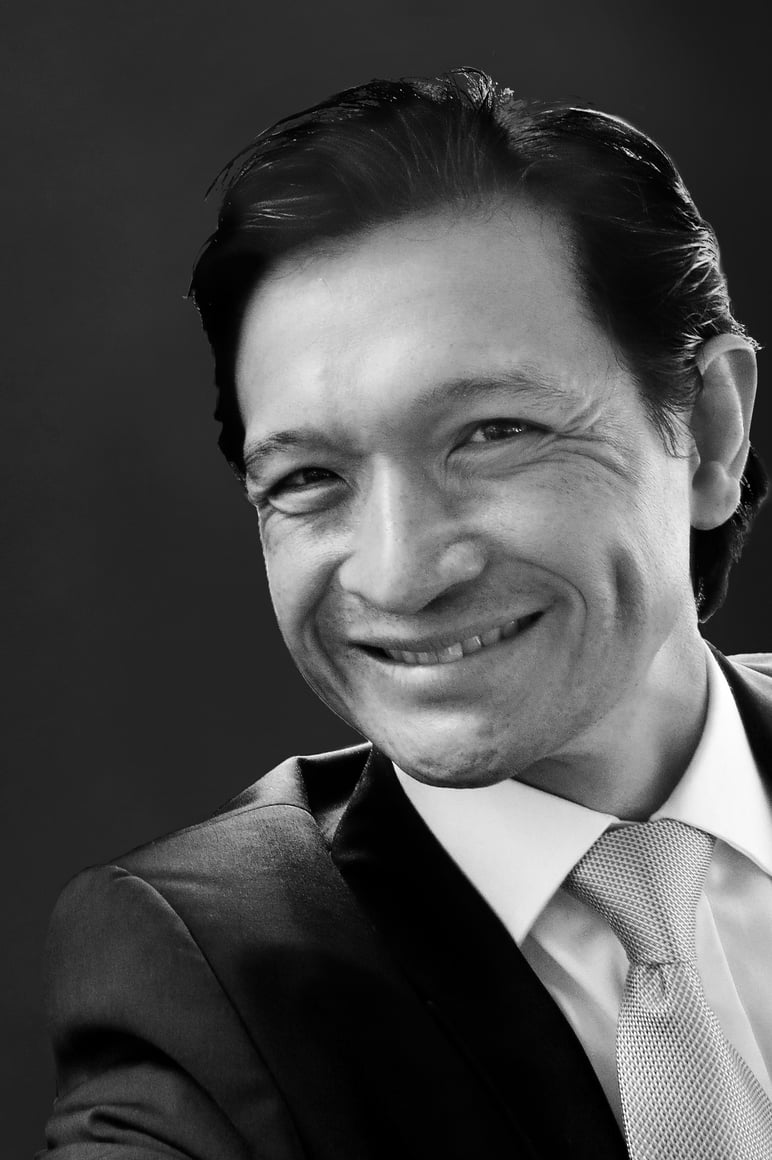
China virus? North America’s most Chinese city is one of the most coronavirus-free places on the continent
- Richmond in British Columbia is just 30km (19 miles) from the US border – but its pandemic performance might as well be on a different planet
- The city’s coronavirus case rate is about a quarter that of Canada as a whole, and just 5 per cent that of the US
Greetings American friends, from Richmond, British Columbia, aka The Most Chinese City in North America™!
Regular readers of the Hongcouver blog will be familiar with this remarkable Canadian community, the only city outside Asia that has a majority ethnic Chinese population, representing 53 per cent of its population, according to the 2016 census.
To put that in perspective, San Francisco – widely regarded as the most Chinese city in the US (various communities within Los Angeles County notwithstanding) – is about 21 per cent Chinese.
Richmond is a fascinating place for any number of reasons – its food scene, a wild real estate market and incongruous tax statistics, to name a few. But as the US continues to grapple with notions about the “China virus” and the value of masks and other measures in the battle against Covid-19, it is worth focusing on Richmond’s stellar performance in the pandemic fight.
The US, with a Covid infection rate of about 2,000 per 100,000 population, can be forgiven for looking north with envy, where Canada as a whole has a rate of just 370. That is a tribute to a much stronger buy-in to pandemic mitigation by the Canadian public and a relative absence of the politicisation and widespread idiocy that has marred the American response (more on that later).

The province of British Columbia, in turn, has done well in the Canadian context, with a current rate of about 150.
But as of Thursday, Richmond had a rate of just 97 per 100,000 (based on the 2019 BC Stats population estimate of 225,000 people). That is about a quarter the Canadian rate, and less than one-twentieth the US rate.
There is wide variation across the US – from a low of 272 cases per 100,000 population in Vermont to a high of 3,431 in Louisiana. But not a single US city of comparable size comes close to the low rate in Richmond, a half-hour drive from the American border.
In fact, as of Thursday, just five out of the 3,000-plus counties in the US had lower rates – Kauai (80) in Hawaii; Knox (85) and Aroostook (61) in Maine; and Orange (76) and Orleans (78) in Vermont.
None of these counties, though, are comparable to Richmond, a bustling and densely populated city that is home to Vancouver International Airport. By contrast, the biggest town or city in the five US counties in question is Kapa’a, on Kauai, with a population of just 11,000.
(Mexico, meanwhile, does not provide a regular municipal breakdown of cases. But in the least-infected state of Chiapas, just one substantial city may have a lower infection rate than Richmond; Ocosingo near the Guatemalan border had a case rate of 44 per 100,000 on September 6.)
Richmond is not quite the most Covid-free large city in Canada (with a population greater than, say, 200,000) – that honour goes to Regina (65) in Saskatchewan, followed by Winnipeg (82), Manitoba.
However, Richmond is surrounded by communities that are doing substantially worse. For example, Vancouver, just over the North Arm of the Fraser River, has a rate of about 270 per 100,000.
Covid perspective matters
Exactly why Richmond has been performing so admirably is not clear – and may never be – but there has been little dispute or debate in the city about the need to take Covid-19 seriously.
In Vancouver on Sunday, hundreds took part in a protest against masks and vaccines, proving that Canadians are not immune to the kind of dangerous silliness that has infected much of the US, where the president continues to try to undermine his own health experts and cast doubt on scientifically sound strategies.
In Richmond, meanwhile, the city’s residents arguably took Covid-19 seriously before even local health authorities.

Many residents were wearing masks and socially distancing themselves from others as long ago as January. Now, masks are rather ubiquitous – in contrast to the streets of Vancouver, where use remains pretty patchy except in mandated settings.
Controversy over pandemic precautions in Richmond has more been focused on public demands for more, not less. Last month, Richmond student Victor Lam, 16, started a change.org petition to make masks mandatory in schools; it has attracted more than 7,200 supporters.
British Columbia has experienced a recent spike in cases, with about 100 added per day; on Thursday, there were a record 165 new cases. That has taken some of the gloss off the widespread praise for the province’s public health response.
And even in Richmond, 50 new cases were added in the two weeks before September 17, bringing the city’s total number of infections to 219.

Perspective matters, however. In the same period, neighbouring Vancouver added 399 cases at more than twice the rate in Richmond, per capita.
And across the entire US, new cases continue to mount at per capita rate about 500 per cent faster than in Richmond.
The Peace Arch border crossing to the US – still closed to non-essential travel – is only 30km (18.6 miles) from the Richmond city limits. But from a pandemic point of view, the most Chinese city in North America might as well be on a different planet.
The Hongcouver blog is devoted to the hybrid culture of its namesake cities: Hong Kong and Vancouver. All story ideas and comments are welcome. Connect with me by email [email protected] or on Twitter, @ianjamesyoung70.

